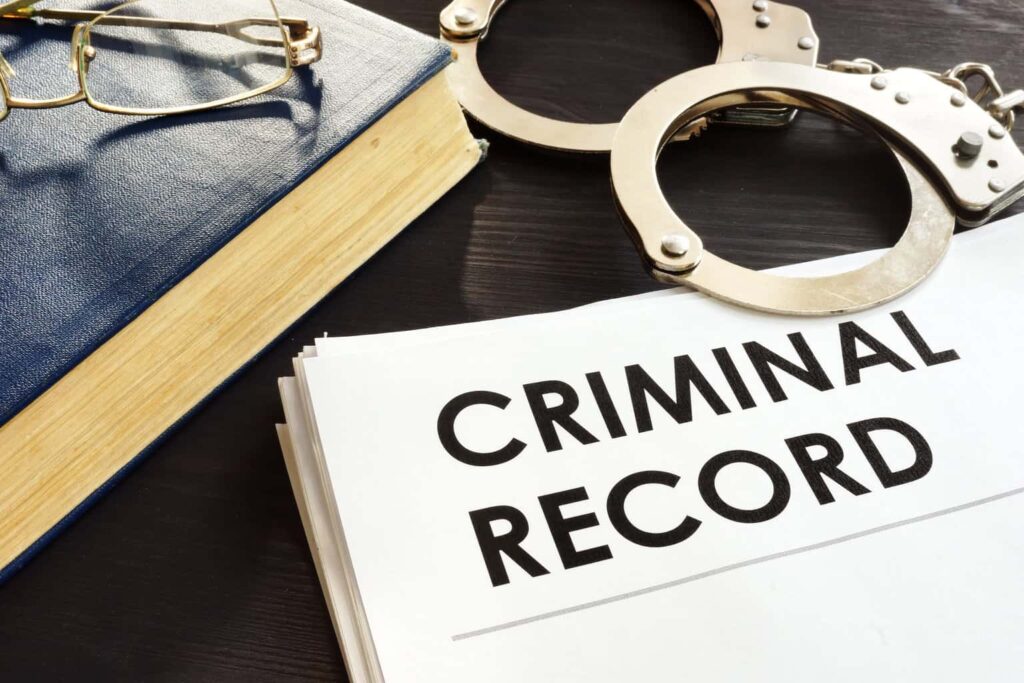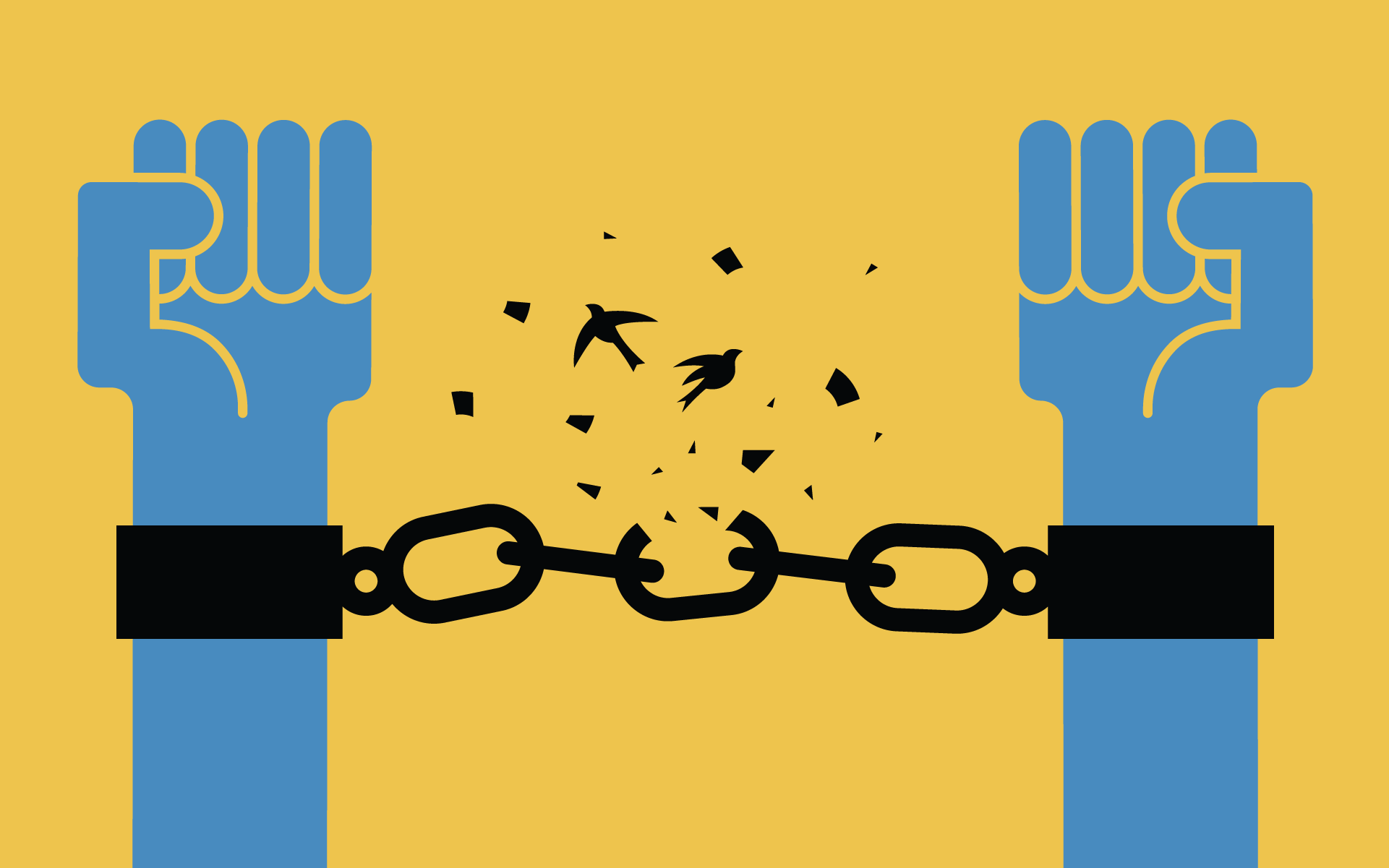Having a criminal record can be a huge burden to bear, but an expungement is an option that many choose to pursue. Expungement is the legal process of removing certain offenses from public records to restore an individual’s good name and reputation. But how many Expungements can you get? This article will discuss the various factors that come into play when determining the number of Expungements an individual can receive.
How Long Does It Take For An Expungement?
Having a criminal record expunged can be complicated, but understanding how many Expungements can you get and how long it takes to play out is essential for anyone considering an expungement. Generally speaking, the length of time it takes to have a record expunged depends on various factors, including the type and severity of the criminal charge and where and when it was committed.
In most cases, the expungement process typically begins with filing a petition to have your records sealed or destroyed. From there, you must wait for a response from the court. Depending on state laws and local courts’ policies and procedures, this stage could take several weeks or even months before you receive any decision regarding your petition.
What Is Expungement?
Expungement is a legal process that can be used to seal or delete a criminal conviction from an individual’s public record. It is typically only available to those who have paid their debt to society and completed all the required community service, probation, parole, or other requirements of their sentence. In addition, expungement can help people move forward by giving them a clean slate and better access to economic opportunities such as jobs and housing.
The expungement process varies from state to state but generally involves applying that the court must approve before it is granted. Depending on the jurisdiction, an individual may need to appear in court for a hearing before the judge judges the request for expungement. Once approved, any physical records related to the conviction are sealed so that they cannot be accessed without permission from a court order.
The Benefits of Expungement
Expungement can help former offenders access employment, housing, education and other opportunities they may otherwise be denied due to their past convictions. Understanding how many Expungements can you get and the various benefits of Expungement can help those with criminal records move forward and achieve greater success.
- One major benefit of Expungement is that it allows an individual to legally deny or fail to acknowledge a previous conviction when asked about it in job applications, housing applications and other situations where convictions may be considered. This means employers and landlords will not know the conviction unless the individual informs them.
- Another potential benefit is the ability of some individuals who have had their record cleared by expungement to hold certain professional licenses or certifications which were previously unavailable due to their convictions.
Who Qualifies for Expungement?
Expungement can allow individuals to move on from their past mistakes and get a fresh start. Knowing how many Expungements can you get, you may want to know who qualifies for expungement. In most states, an individual must meet certain criteria to be eligible for an expungement. Generally speaking, you can apply to have your criminal record expunged when:
A period of 10 years has passed after the date of the conviction; all court fines and fees related to the offense have been paid; no subsequent convictions have occurred, and any other requirements from that particular state have been met. Certain convictions are not eligible for expungement, such as violent crimes depending on the state laws.
What Can Types of Records Be Expunged?
Expungement laws vary from state to state, but generally, it allows individuals with a criminal record to put their past behind them and move forward with life. So, what types of records can be expunged?
In many states, misdemeanors and some felonies can be expunged if the individual has had no other arrests or convictions for a certain period. In addition, some specific offenses, such as minor drug possession charges, are often eligible for expungement.
Certain juvenile offenses may also qualify for expungement, depending on the jurisdiction. However, serious felony convictions like murder and rape generally cannot be removed from an individual’s record by expungement.
Who Is Eligible for Expungement?
Expungement can be a valuable step for those with criminal records to clear their name from the public record and get a fresh start. Expungements are an important tool for individuals convicted of a crime to help them move forward by removing past offenses from their records. However, not everyone is eligible for expungement under the law.
With the Help of Glendale Injury Firm you can get Certain criteria must be met to be eligible for the expungement of one’s criminal record. Generally, each state has qualifications that must be fulfilled before an individual can petition a court for an expungement. Those criteria usually include the nature and severity of the offense or offenses committed and how long it has been since they were convicted or pleaded guilty.


